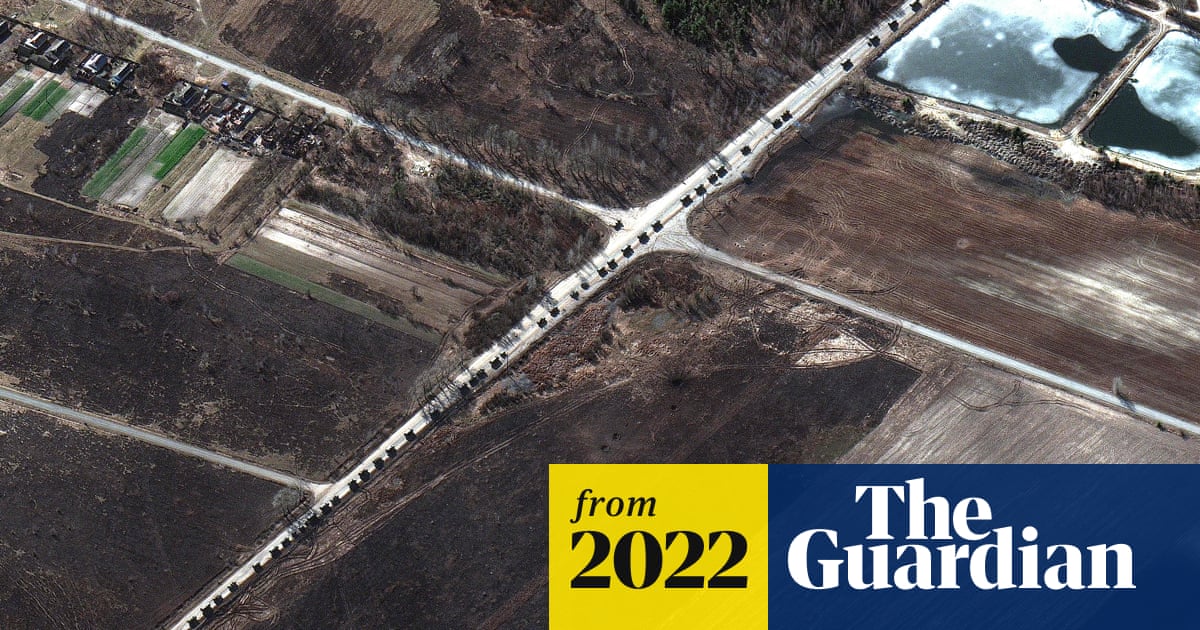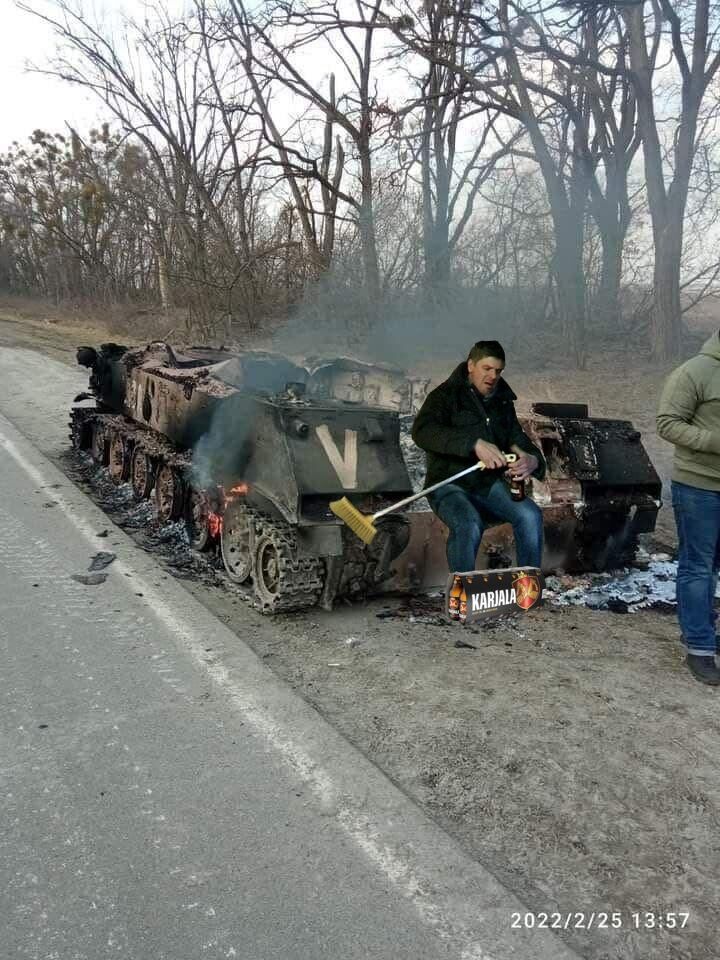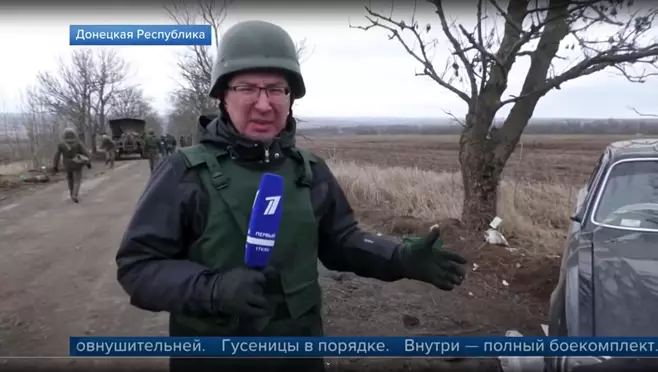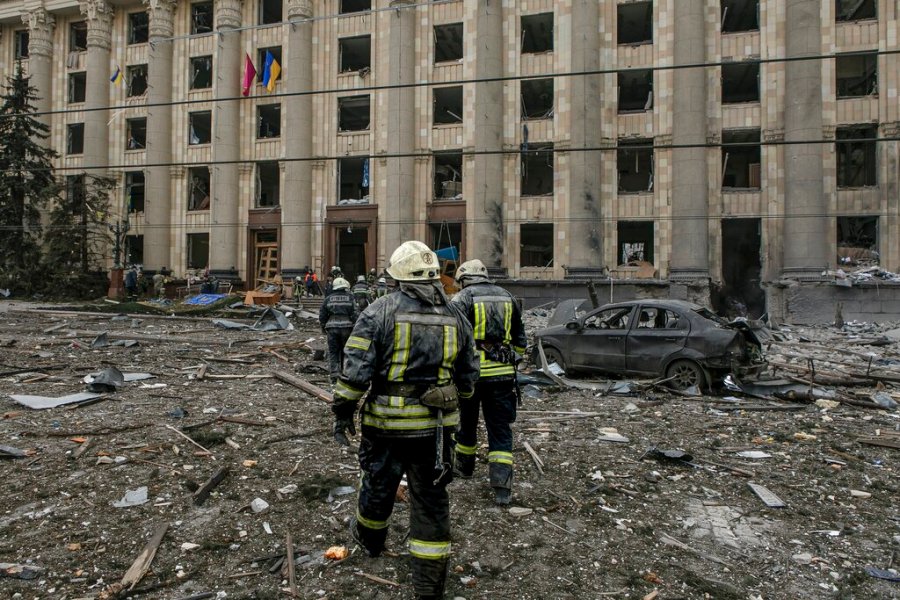"The stance is, if you believe in something, if you genuinely believe in something - like freedom, a democratic system - unfortunately you've got to be willing to die for it," he says.
"We live a short life, let's make it count."
The Ukrainian embassy told the BBC it appreciated the support of "all people who want to support our country and fight Russian aggression", but it stressed it was playing no role in helping people enlist.
Instead, informal networks have emerged to help put Britons in touch with people who can meet them in third-party countries between here and Ukraine and assist them in getting to the front line.
Luke, 22, a Londoner who also has no military training, admits he is scared by the prospect of going to Ukraine, but still plans to make the journey.
"I feel like just watching the news every day and seeing what's happening, I feel like I want to help in some way," he says.
"So if I can then I will. Even moving things around, driving, anything. I want to help in any way I can.
"If a 22-year-old fit and healthy person isn't going to go, who is going to go and defend them?"
He says he is hopeful that foreign fighters can help make a difference in the conflict.
"I think it's amazing what the Ukrainians have done so far without… [Nato] troops on the ground," he says.
"So I do think eventually, if enough people go to help, and we do keep supplying aid to them, lethal and non-lethal, then we can push them back."
He also says he hasn't told his family about his plans to travel to Ukraine and doesn't intend to before he leaves. "I don't want anyone to talk me out of this. I've made my decision," he says













